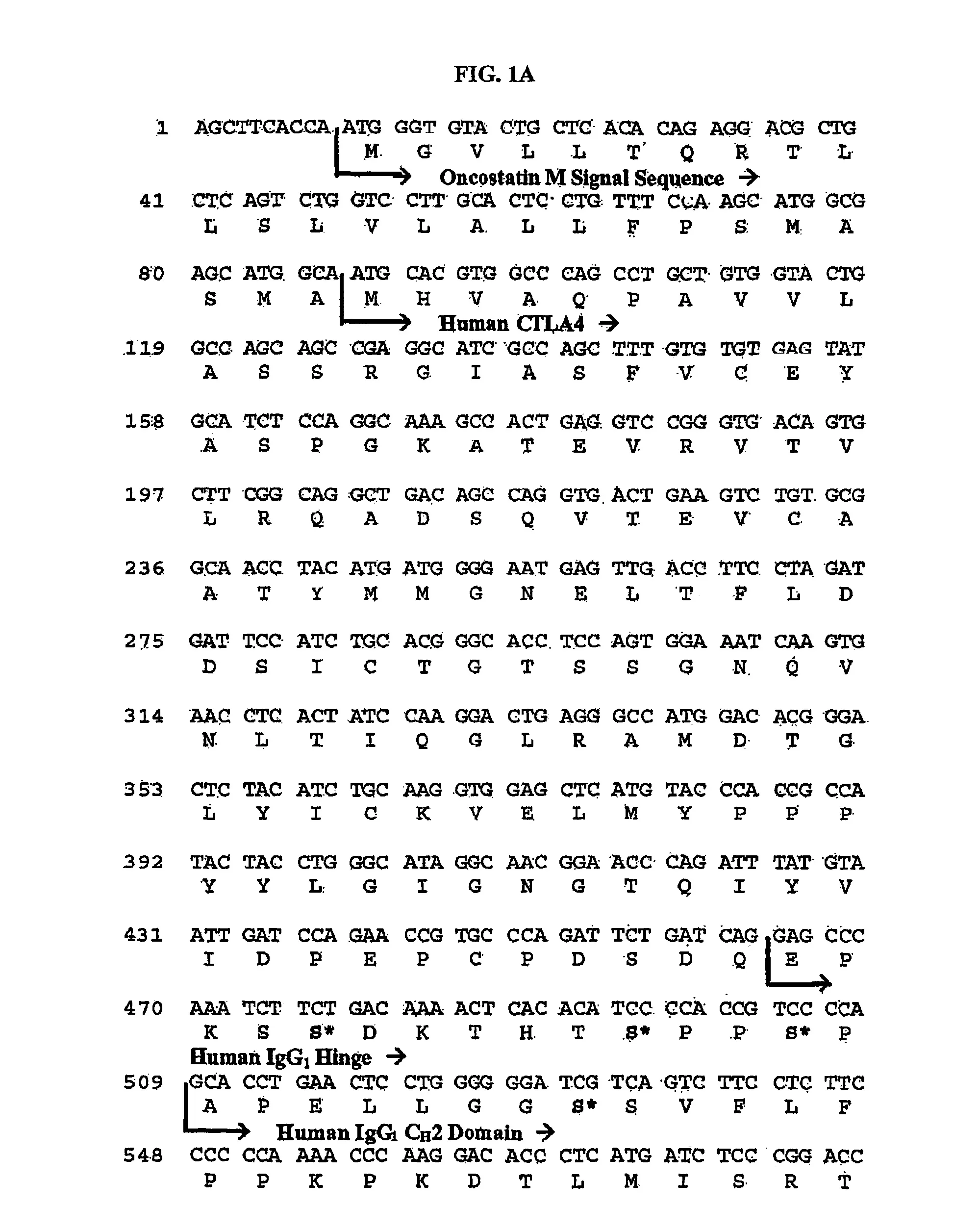Fed Circuit Watch: No Standing to Appeal When Biosimilar Product Withdrawn
Sometimes substantive patent issues are never dealt with in cases, but rather dispositive issues are handled by procedural mechanisms. One case in point is Momenta Pharms., Inc. v. Bristol-Myers Squibb Co.,1 which the Court of Appeals for the Federal Circuit decided on February 7, 2019.
BMS owns U.S. Patent No. 8,476,239 (‘239), entitled “Stable protein formulations,” and directed to specific fluid formulations of the protein molecule CTLA4Ig (cytotoxic T-lymphocyte associated protein 4 immunoglobulin), used as a treatment immunosuppressive agent for immune system disorders like rheumatoid arthritis. It has a trade name “abatacept” and is marketed by BMS as ORENCIA®. Momenta had begun development of its own biosimilar counterpart to the Orencia product. It petitioned for an inter partes review before the USPTO in July 2015 of the ‘239 patent. Upon institution, the PTAB sustained validity of the ‘239 patent, leading to Momenta’s appeal before the Fed Circuit. BMS countered that Momenta’s appeal was mooted, and moved to dismiss, arguing that Momenta lacked standing for federal jurisdiction based on Article III requirements.2 The specific allegation BMS argued in which Momenta lacked standing was because Momenta’s biosimilar product had failed its FDA clinical trials and had been withdrawn.
 Source: U.S. Patent No. 8,476,239 B2, Jul. 2, 2013, to Manisha M. Dali, Charles E. Dahlheim, Sunita Borsadia, Vijay H. Naringrekar, Rajesh Babulal Gandhi, & Manoj Nerurkar (inventors); Bristol-Myers Squibb Co. (assignee)
Source: U.S. Patent No. 8,476,239 B2, Jul. 2, 2013, to Manisha M. Dali, Charles E. Dahlheim, Sunita Borsadia, Vijay H. Naringrekar, Rajesh Babulal Gandhi, & Manoj Nerurkar (inventors); Bristol-Myers Squibb Co. (assignee)
35 U.S.C. §319 states:
A party dissatisfied with the final written decision of the Patent Trial and Appeal Board under section 318(a) may appeal the decision pursuant to sections 141 through 144. Any party to the inter partes review shall have the right to be a party to the appeal.
During the appeal, Momenta filed several letters discussing its work with a third pharmaceutical company, Mylan, in which it was collaborating with for the development of the M834 product, its Orencia-biosimilar product. However, Momenta had announced its intentions to withdraw from the M834 market. Further, it filed another letter with the Fed Circuit stating:
We have elected to terminate our collaboration agreement with Mylan with respect to the development of … M834, a proposed biosimilar to ORENCIA® … . On November 19, 2018, we delivered a formal notice of this partial termination to Mylan, as provided in the collaboration agreement.
BMS argued that this was evidentiary support that Momenta lacked standing. Momenta neither responded to BMS’ argument, nor did it withdraw the appeal.
The Fed Circuit panel was composed of Judges Newman, Dyk, and Chen, with Judge Newman writing for a unanimous court. She noted that Article III standing requires a concrete injury. Momenta’s argument that it spent millions of R&D into its M834 product, but subsequent withdrawal from the Orencia biosimilar market, stretches credulity, according to Judge Newman:
On abandoning development of this product, Momenta has no leally protected interest in the validity of the ‘239 patent, and there is no “real need to exercise the power of judicial review.”
Further, citing U.S. Supreme Court precedent, she noted that the party must be in a position of “seeking a remedy for a personal and tangible harm.”3 Here, Momenta really did not have any. Because Momenta did not have an immediate harm, it pointed to the possibility of a future royalty from Mylan as its current, immediate harm. However, Judge Newman flatly rejected that notion:
For standing purposes, we may reject as overly speculative those links which are predictions of future events (especially future actions to be taken by third parties.
Further, Momenta’s withdrawal of its M834 product eliminated any potential infringement activity it might have conducted if M834 had been on the market, thereby effectively mooting its appeal before the Fed Circuit. The panel summarily dismissed the appeal for lack of standing and mootness.
This should serve as a cautionary tale that procedural issues could sometimes hamper a patent litigant’s case. Here, however, the small fact that Momenta failed to respond to BMS’ lack of standing argument that may have ultimately doomed its appeal.
Footnotes
-
___F.3d___ (Fed. Cir. 2019), dismissing for lack of standing and mootness, 2016 WL 7987985 (P.T.A.B. Dec. 22, 2016). ↩
-
Art. III, sec. 2: “The judicial power shall extend to all cases, in law and equity, arising under this Constitution … . “ ↩
-
see Hollingsworth v. Perry, 570 U.S. 693, 704 (2013). ↩

Brent T. Yonehara
Founder & Patent Attorney
Founder Brent Yonehara brings over 20 years of strategic intellectual property experience to every client engagement. His distinguished career spans AmLaw 100 firms, specialized boutique I.P. practices, cutting-edge technology companies, and leading research universities.
More About Brent